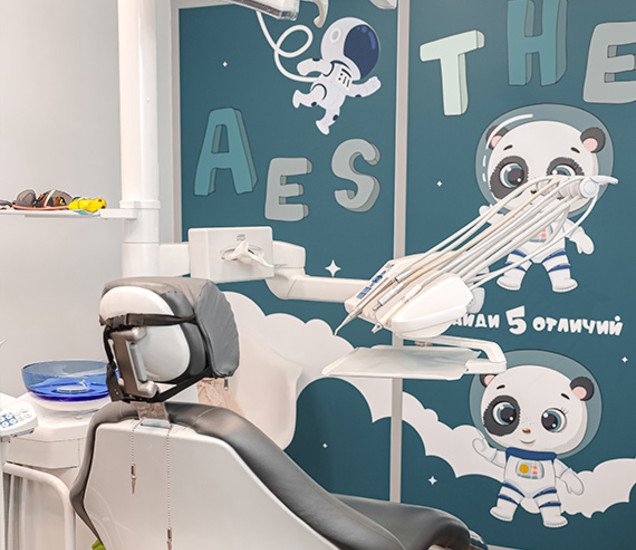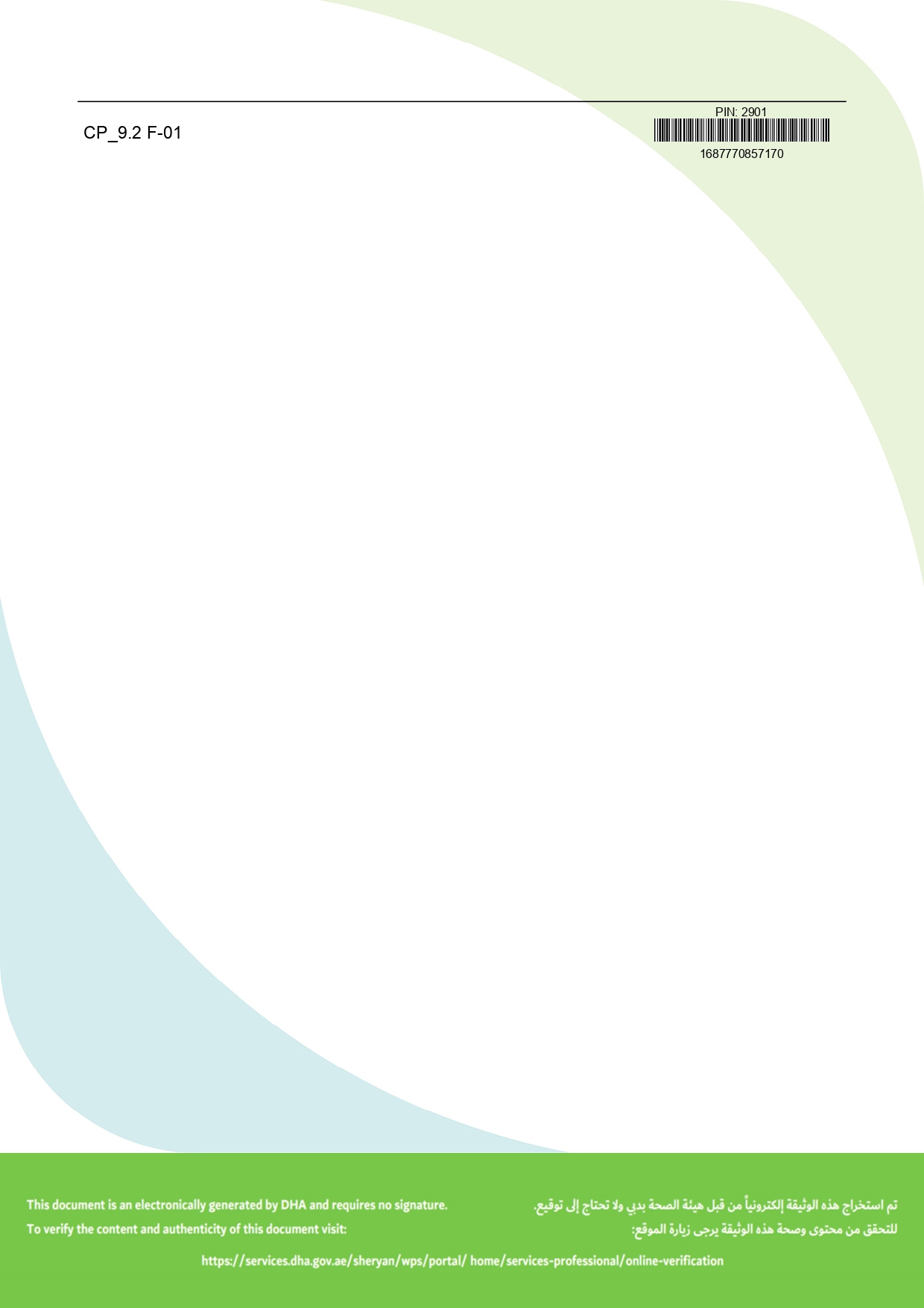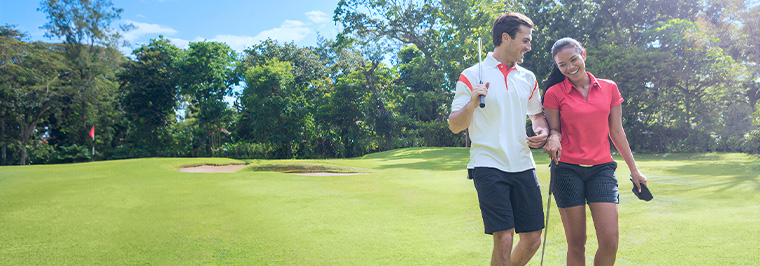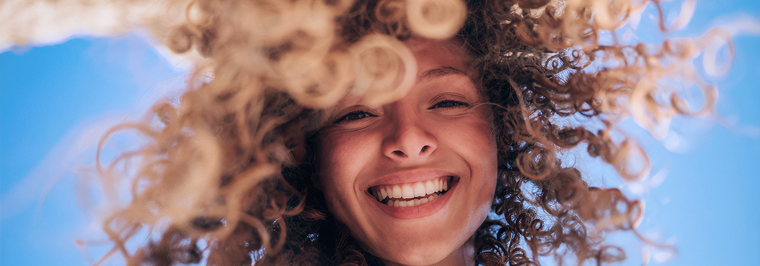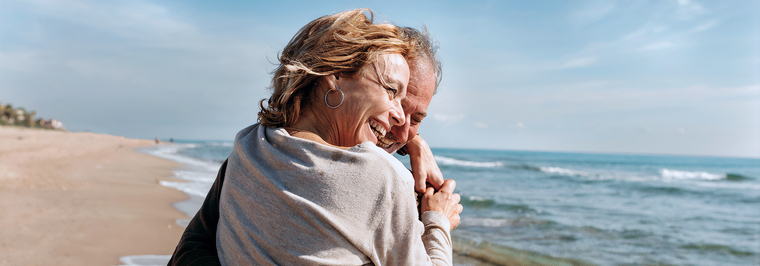Why It's Important to Undergo the Procedure Regularly
Over time, plaque accumulates on the surfaces of the teeth. It consists of bacteria and their metabolic products, small food particles, and salivary protein molecules. It serves as a breeding ground for pathogenic microorganisms, and staining pigments from food and drinks accumulate in it, causing teeth to darken.
Initially, the plaque is soft, but over time it mineralizes and becomes hard – in this case, the deposits are called tartar. It is impossible to remove hard deposits at home.
Professional hygiene solves several problems at once.
Soft plaque and hard tartar. They contribute to the development of oral diseases, and it is difficult to timely detect signs of disease under them. Removing plaque helps prevent the development of caries and pulpitis or detect their symptoms to start treatment in time.
Unpleasant breath. Its cause is bacteria and deposits. Professional cleaning helps get rid of bad breath, refreshing it.
Gum diseases. Soft plaque and hard deposits irritate the gums, contributing to their inflammation. This can lead to gingivitis, periodontitis. Regular cleaning in the dental office helps maintain gum health.
Changes in tooth color. Due to smoking, consuming tea, coffee, wine, and foods containing coloring substances, plaque becomes dark, and teeth look unattractive. Professional hygiene provides a whitening effect, allowing you to delight people with an attractive smile again.
Professional cleaning is always done before implantation, prosthetics, installing braces, and other orthodontic constructions. This is required to reduce the risk of infection, the development of caries, or other diseases.











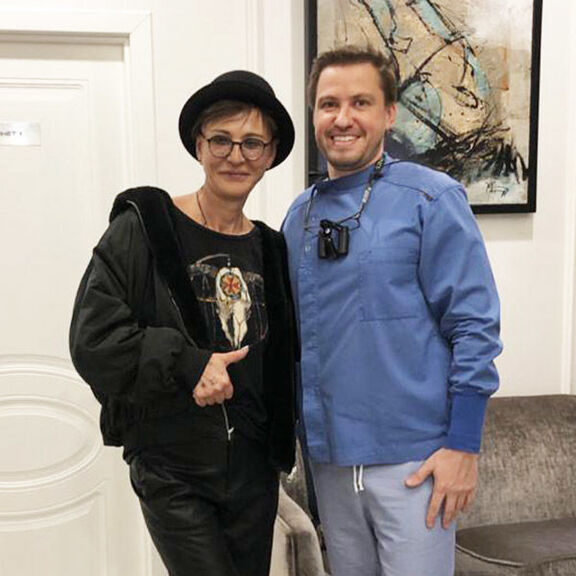

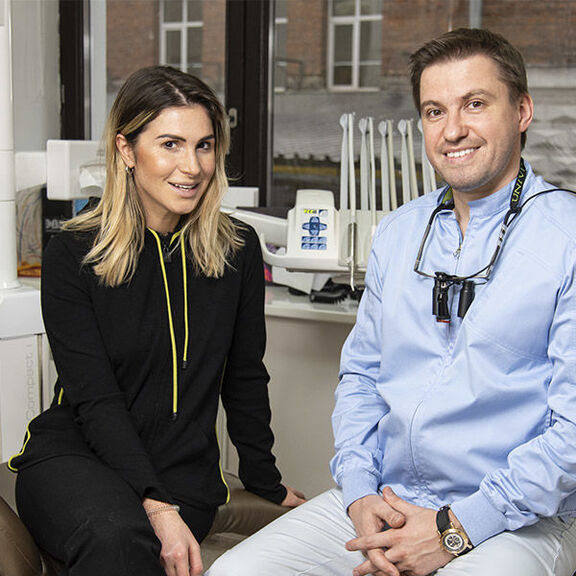



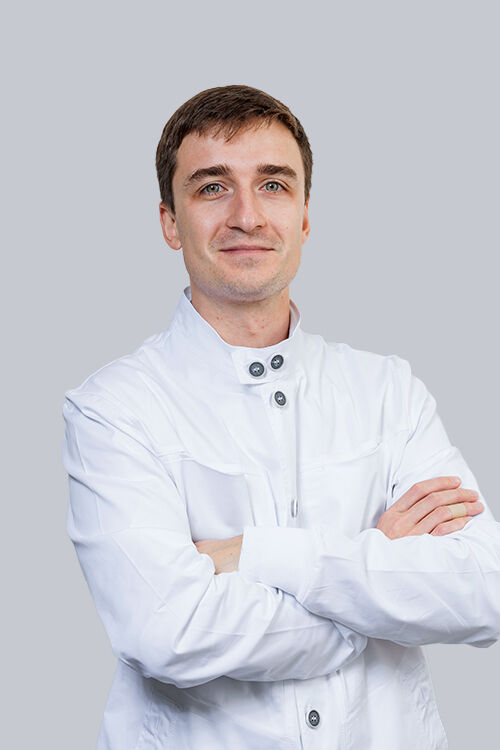




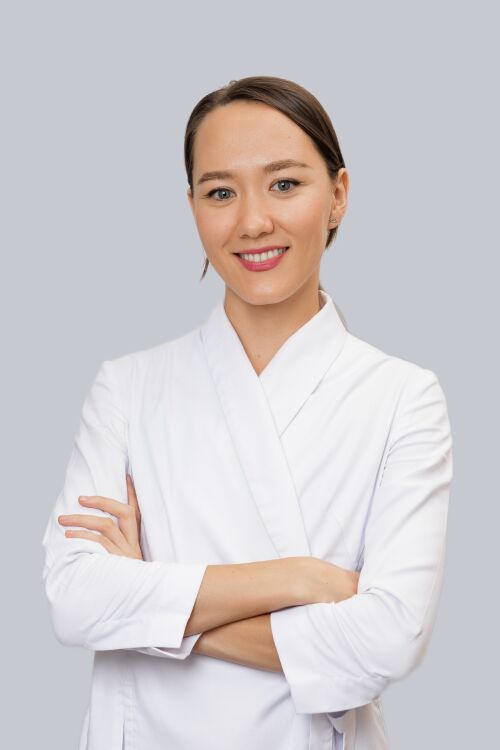

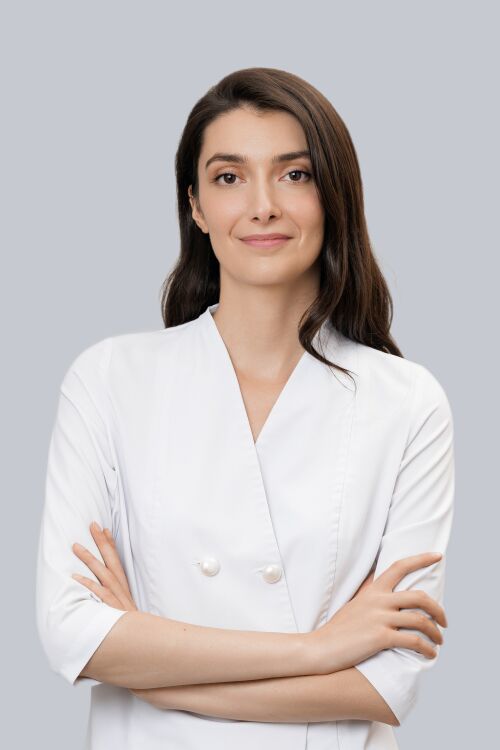
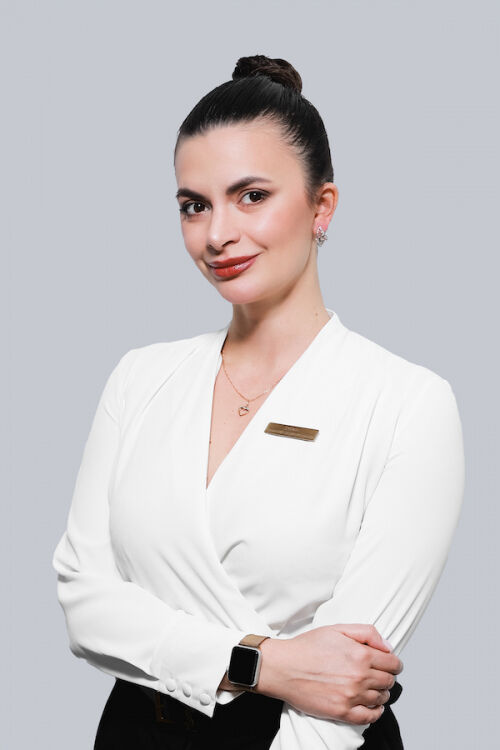
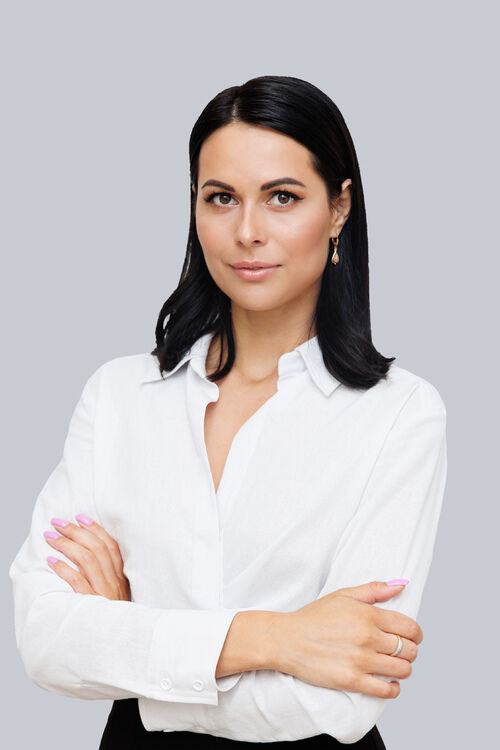
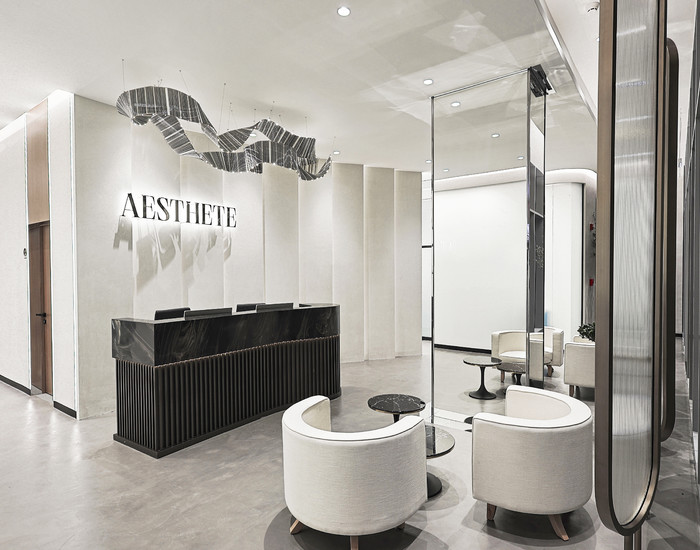
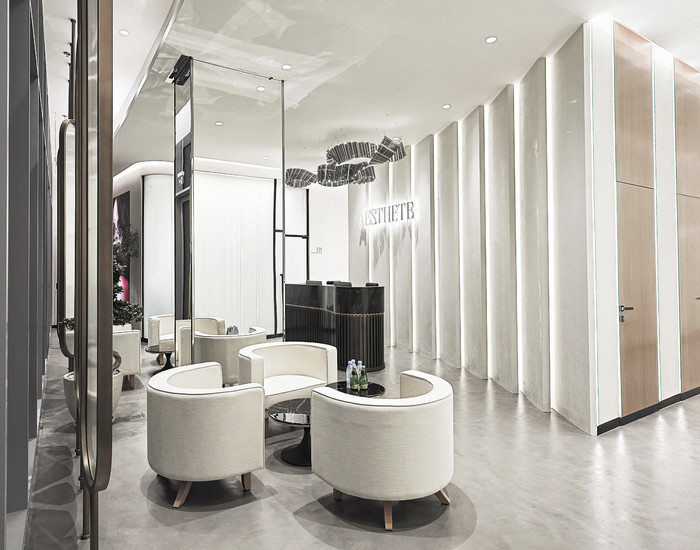
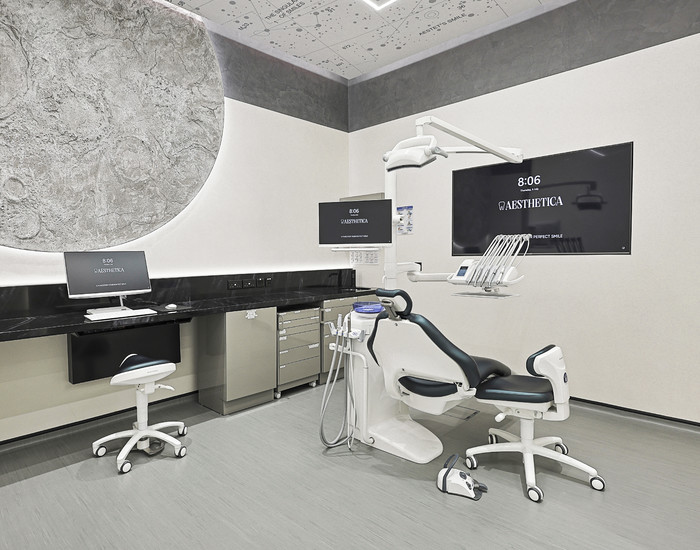
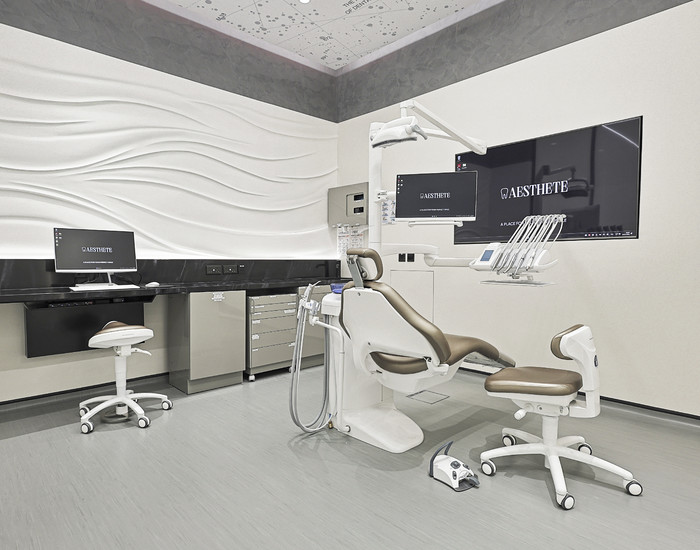
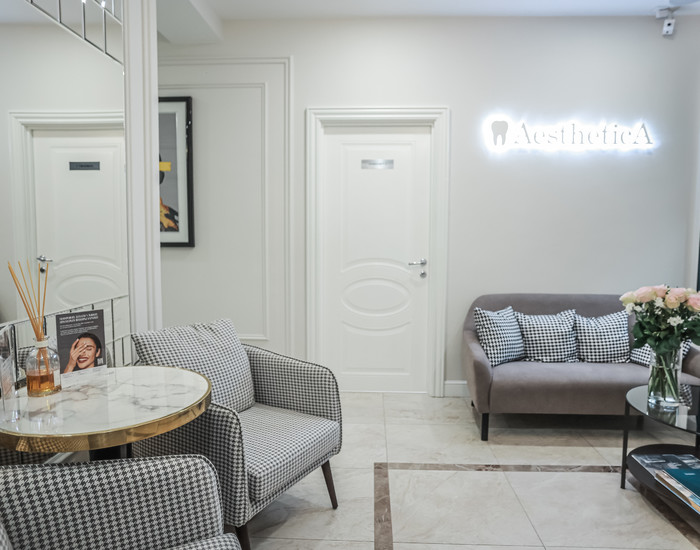


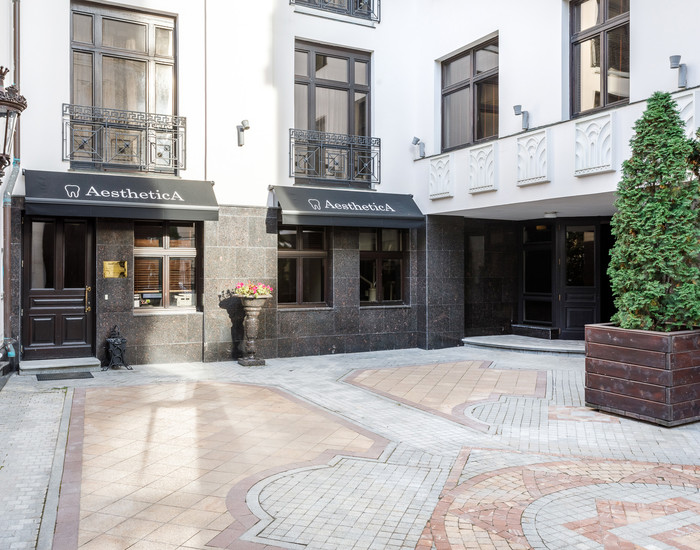


_700x550_ac7.jpg)
